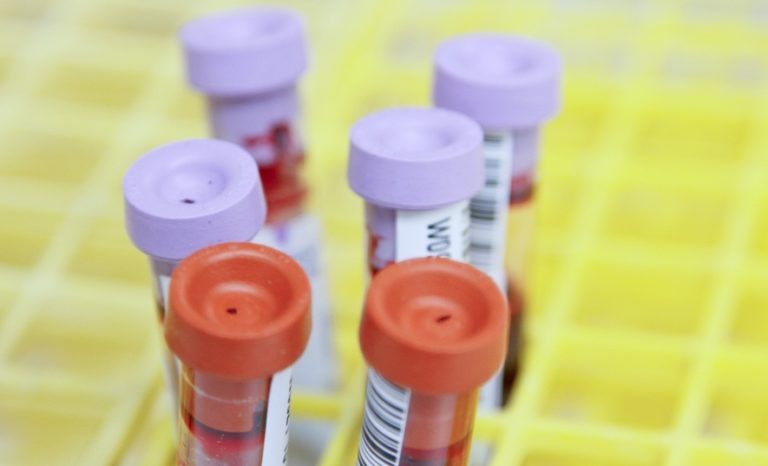It is reported in many reports that china has used plasma to treat coronavirus infected patients and achieved success in many patients. Plasma is taken from those individuals who have recovered from this illness.
The liquid portion of blood that remains after red blood cells(RBCs) white blood cells (WBCs), platelets and other cellular components are removed.
Plasma= Blood- Cellular component.
Blood from people who have recovered from Coronavirus disease can be a rich source of antibodies.
Plasma is separated from donor blood and tested for various diseases such as Hepatitis and HIV and used as a source of antibodies against coronavirus.
The strategy has also been attempted with mixed results against viral infections such as H1N1 influenza, SARS and MERS. It should be noted that SARS and MERS are also caused by virus belongs to the coronavirus family.
Many patients got benefited while some have not and physicians have no good idea of why. Yet plasma-based drugs can provide a crucial stop-gap during an emerging pandemic like COVID-19 while therapies and vaccines are being developed.
Let us have a brief Idea about immunity and antibodies to have a better understanding of plasma therapy for COVID19.
There are three types of immunity:
Innate immunity: It can be considered a general immune system.
For example, it ensures that bacteria entering the skin from a small. a wound is detected and partially killed on the spot within a few hours.
It is the first line of defence of the body.
Three main components of the innate immune system.
Skin and all mucous membranes in the body openings such as nose, mouth, vagina etc
Defence cell- while blood cells (leukocytes)
Various elements in the blood and body fluids such as the complement system.
Adaptive Immunity: It is considered a specialized immune system.
When the first line of protection of the body-the innate immune system-is ineffective in killing the pathogens, the unique adaptive immune response sets in after around four to seven days
This means adaptive defence takes longer but it targets more precisely the pathogen.
It can remember the invader (antigen) and acts specifically against certain antigens. If there is contact again with an antigen that is already known, the defence response can then be faster.
The adaptive immune system produces memory cells.
This is why you can only get a few illnesses only once in your life because afterwards your body becomes “immune.”
Components of Adoptive immune system:
T Lymphocyte
B Lymphocyte
antibodies
cytokines
B cell secrets the antibodies which are soluble protein and quite an antigen/pathogen-specific. This line of defence creates the antibodies in the blood of an individual who survived the COVID19.
Passive immunity: It is “borrowed” from another source and it lasts for a short period.
Breastfeeding mother transfers certain antibodies to the baby which protect the baby from certain pathogens.
Plasma therapy for COVID19 falls under this category.
Few important points which are giving hope for plasma-antibody studies in the treatment of COVID19.
“Convalescent plasma or immunoglobulins (antibodies) have been used as a last resort to improve the survival rate of patients with SARS whose condition continued to deteriorate despite treatment with pulsed methylprednisolone”
“In 2014, WHO recommended the use of convalescent plasma collected from patients who had recovered from Ebola virus disease as an empirical treatment during outbreaks”
“A protocol for the use of convalescent plasma in the treatment of Middle East respiratory syndrome coronavirus was established in 2015. In terms of patients with pandemic 2009 influenza A H1N1 (H1N1pdm09) virus infection, a prospective cohort study by Hung and colleagues showed a significant reduction in the relative risk of mortality (odds ratio 0·20 [95% CI 0·06–0·69], p=0·01) for patients treated with convalescent plasma.”
“FDA is allowing the use of plasma but the licensed physician must request the Emergency IND (Investigational new drug application) and obtain the COVID-19 convalescent plasma from a blood centre.”
convalescent plasma can be a promising treatment for COVID19 but this kind of therapy has not worked in many illnesses
https://www.thelancet.com/journals/laninf/article/PIIS1473-3099(20)30141-9/fulltext
https://www.fda.gov/vaccines-blood-biologics/investigational-new-drug-ind-or-device-exemption-ide-process-cber/investigational-covid-19-convalescent-plasma-emergency-inds








